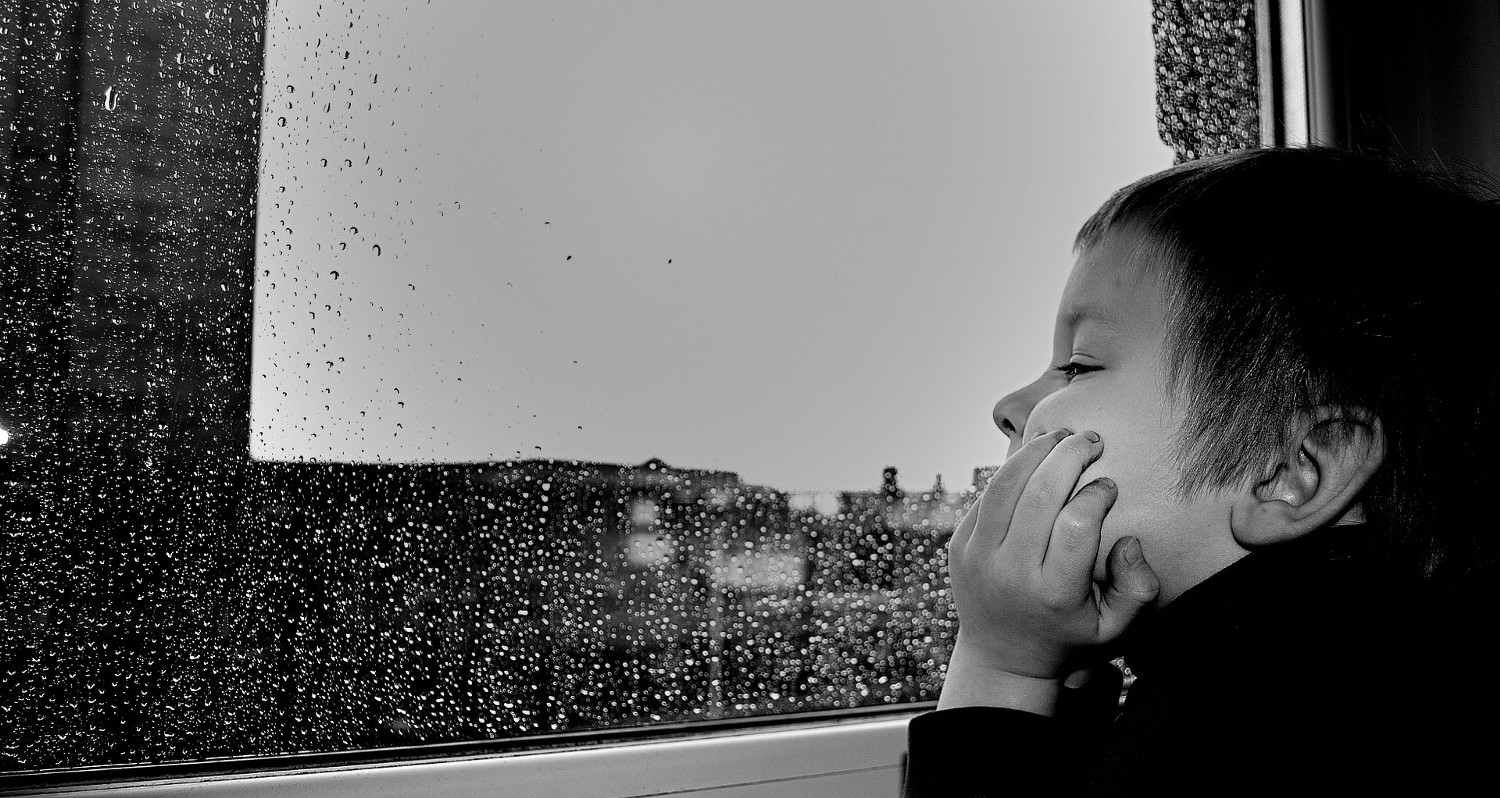Wellness.
A word we hear on a daily basis but not a word we think much about.
I was recently talking to a group of friends about exercise and nutrition when we started arguing over the word “wellness”. What does it mean and what should we focus on?
If you google wellness, you will get the generic definition that wellness is “the state of being in good health, especially as an actively pursued goal”. But wellness actually goes much further. The American Heart Association states that a well-designed comprehensive wellness program can improve overall health and reduce morbidity, mortality, cardiovascular disease, and stroke. If this is the case, then wellness is effected by nutrition, lifestyle, fitness, stress, career choices, our family, our friends, and so much more.
But why does this all matter.
Societal Norms
If you google “how to improve my well-being” you will get back a barrage of tips and ways to improve your well-being. Some include:
· be more active,
· exercise,
· connect with friends,
· do things you love,
· stay connected,
· accept your emotions,
· take risks,
· live in the present,
· laugh,
· journal,
· live your personal values,
· practice gratitude,
· etc.
The list goes on-and-on. It is like every wellness expert out there wants us to think about a million things or think about things to occupy our mind. Sure, thinking 24/7 prevents us from thinking about any negative thoughts, but does it actually help improve our well-being?
Food for thought
I recently came across a series of studies showing that boredom increases our creativity and increasing our creativity in our work and in our life improves our satisfaction, our performance and prevents that feeling of burnout.
This got me thinking — could the act of being bored actually improve our well-being.
Anecdotally it makes sense, but as a medical student and PhD student I only trust the science. I need hard evidence and facts. Besides, I am too busy to spend time being bored.

Silicon Valley has created a world where we are always connected and we always have something engaging to occupy our time. Every moment of boredom is countered with an app. From Instagram to candy crush to free news apps, we can always find something to do; but is this what we need.
Boredom
When was the last time you just sat down and spent time being bored? Sounds boring? I know. But boredom actually is a fascinating state of being.
Scientists have classified boredom into four or five-categorical conceptual models. These models are characterized by the level of arousal, valence, and association to emotion. Regardless of the type, scientists have proposed a mathematical model based on the Black-Scholes-Merton equation that explains why:
being bored induces exploration and increases creativity.
But how does creativity improve our well-being? Boredom impacts our emotions, our behavior, or cognition, experience, and our physiology. Creativity improves our performance, allows us to make meaningful connections in our work, and improves our opportunities to attain social, emotional, cognitive, and experiential stimulation.
Sounds familiar, right? Not doing anything actually stimulates the exact same outcomes that the list above (be more active, exercise, connect with friends, etc.) claims to do.
Take Away
So what does this all mean? If you are feeling overworked, overwhelmed, over stimulated, or out of balance you should reach to boredom to help.
Three things to try:
- Instead of spending that Saturday morning at brunch with friends, try going into nature or going for a walk without your phone.
- When you get home from work, don’t turn on Netflix or pick up that book. Grab a cup of tea, and just sit and relax and enjoy the fact that you have time and ability to sit quit. No apps, no computers, nothing.
- Lastly, instead of commuting with music in your earbuds or talk radio on the car radio, try turning it all off and just enjoy the state of being. Enjoy the chaos of the morning and be bored as everyone simultaneously travels to work or home.
What I do
As a busy student, I actually use my workouts and my commutes to be bored. I will run without music. I will work out without the radio. I will walk to work without looking at my phone. Doing this, has personally changed my level of creativity. After consistently doing this, I find I am more creative in how I approach science. I solve issues that I am dealing with and I come up with new ideas and theories.
Being bored has allowed me to tap into different ways of thinking or different ways of approaching a problem.
As always, I would love your input and your thoughts!
As always, if you have questions feel free to reach out me. Changing isn’t easy but I believe you CAN do whatever you set your mind too!

Thanks for reading!
If you enjoyed this article, hit that heart button ❤ , it would mean the world to me, it spreads the word to others.
Say Hello to me on:
Instagram | Twitter | Personal
Originally published at medium.com


